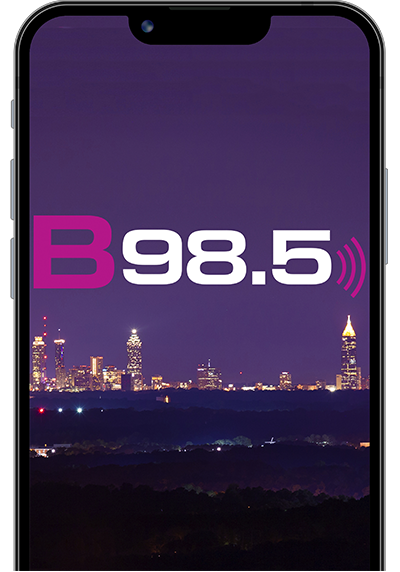ATLANTA — The Georgia Attorney General’s Office and Carroll County Sheriff’s Office have issued a warning to beware of storm damage scams in wake of the severe storms and tornado that touched down in parts of Georgia on Monday.
According to the Georgia Attorney General’s Office, “when bad storms or tornadoes cause widespread damage to homes, scammers may try to exploit the disaster. Storm victims are often more vulnerable to home repair fraud during those times because they are desperate.
The scam artists are referred to as “storm chasers,” the Georgia Attorney General’s Office said.
In some cases, scammers ask for up-front payments for home repairs and disappear without doing any work.
“In other cases, scammers may charge exorbitant prices, charge you for unnecessary repairs or do substandard work. Sometimes scammers offer to cover the homeowner’s insurance deductible and persuade him or her to give fake reports to the insurance company, potentially implicating the homeowner in a case of insurance fraud,” the Georgia Attorney General’s Office said.
- Avoid door-to-door offers for home repair work. Instead, ask friends and neighbors for referrals.
- Steer clear of any contractor who asks for full payment up-front, only accepts payment in cash, or who refuses to provide you with a written contract.
- Ask contractors for three references of customers who had projects similar to yours, and check them out.
- Get written bids from at least three contractors. Be skeptical if the bid is too low. Cheaper is not necessarily better.
- Always insist on a contract for work to be performed, with all guarantees, warranties and promises in writing. Agree on start and completion dates and have them written into the contract.
- Never pay for the entire project before the work begins. Consider paying no more than one-third of the total cost as a down payment, with remaining payments tied to completion of specified amounts of work, and the final payment not due until the job is completed.
- Be skeptical of any contractor that offers to pay your insurance deductible or offers other no-cost incentives, as these can be signs of fraud. You should always talk to your insurance company before committing to any repairs or even allowing a roofer to inspect your roof for any damage. Also be aware that roofers are not allowed to file claims on their customers’ behalf unless the roofer is (or employs) a licensed public adjuster to file its customers’ claims.
- Check with the Better Business Bureau (bbb.org) to if there are any complaints against the business.
- Make sure that the tree removal has a valid arborist license by visiting the International Society of Arboriculture’s website at www.isa-arbor.com.
- Make sure that general contractors, electricians, plumbers and heating and air conditioning contractors are licensed by going to the Secretary of State’s website at sos.ga.gov. Note that certain specialty occupations such as roofers, tree removal services, painters, drywall contractors and repair handymen are not required to be licensed by the state.
- A legitimate roofing company or contractor should be able to provide the following:
- Local references and testimonials
- Business License
- General liability insurance
- Workers compensation insurance
- Written manufacturer warranties
- Written labor warranties
If you suspect fraud, report it to local law enforcement or the Georgia Attorney General’s Consumer Protection Division at consumer.ga.gov.





